As cannabis becomes more widely legalized and socially accepted, many users are asking an important health question: does smoking weed cause hair loss? While research is still evolving, emerging evidence suggests there may be a connection between marijuana use and hair thinning.
While research is still evolving, emerging evidence suggests there may be a connection between marijuana use and hair thinning. In this comprehensive guide, we’ll examine the scientific facts, potential mechanisms, and what you can do to protect your hair.
Several studies have explored how cannabinoids—especially THC, the primary psychoactive compound in cannabis—interact with the body’s hair follicle system. A 2007 study published in the Journal of Investigative Dermatology found that endocannabinoids (compounds naturally produced in the body and similar to those in cannabis) can influence hair follicle cycles.
More specifically, activation of CB1 receptors (the same ones THC binds to) has been shown to:
This doesn’t mean cannabis causes hair loss outright—but it suggests that frequent or high-THC cannabis use might disrupt natural hair growth cycles, especially in people already genetically predisposed to hair thinning or pattern baldness.
As with many areas of cannabis research, more studies are needed to draw firm conclusions. However, the interaction between cannabinoids and hair follicle activity is clearly worth paying attention to.

Several studies have explored how cannabinoids—especially THC, the primary psychoactive compound in cannabis—interact with the body’s hair follicle system. A 2007 study published in the Journal of Investigative Dermatology found that endocannabinoids (compounds naturally produced in the body and similar to those in cannabis) can influence hair follicle cycles.
More specifically, activation of CB1 receptors (the same ones THC binds to) has been shown to:
This doesn’t mean cannabis causes hair loss outright—but it suggests that frequent or high-THC cannabis use might disrupt natural hair growth cycles, especially in people already genetically predisposed to hair thinning or pattern baldness.
As with many areas of cannabis research, more studies are needed to draw firm conclusions. However, the interaction between cannabinoids and hair follicle activity is clearly worth paying attention to.
The short answer? Not usually—but it depends on the type of hair loss involved and your individual risk factors. Smoking weed may contribute to hair thinning in some cases, but it’s rarely the sole or permanent cause. Here’s a breakdown of how cannabis may play a role in different hair loss scenarios:
| Type of Hair Loss | Connection to Cannabis | Reversibility |
|---|---|---|
| Androgenetic Alopecia | May accelerate genetic predisposition | Partially reversible with treatment |
| Telogen Effluvium | Possible via stress and cortisol imbalance | Usually temporary with lifestyle adjustments |
| Nutritional Deficiency | May occur if cannabis affects appetite or eating habits | Reversible with dietary improvements |
In most cases, hair loss is multifactorial—meaning it’s influenced by genetics, stress, hormones, nutrition, and lifestyle. Cannabis might act as a contributing factor, especially in sensitive individuals, but it’s rarely the root cause on its own.
If you’re concerned about hair changes and wondering whether cannabis might be playing a role, the good news is there are steps you can take to reduce potential risks. These strategies focus on minimizing known contributors to hair thinning, while still allowing you to enjoy cannabis in a balanced way.
Combustion (smoking) introduces heat and byproducts that can negatively affect blood circulation and scalp health. Consider switching to gentler methods such as:
Cannabis can sometimes suppress appetite, which may lead to nutrient deficiencies over time. To maintain healthy hair, include plenty of:
A clean, nourished scalp provides the foundation for stronger hair growth. Try incorporating:
Implementing these habits can help counterbalance any potential side effects cannabis may have on your hair—especially if you’re genetically prone to thinning.
There’s a lot of misinformation floating around when it comes to cannabis and hair loss. Let’s break down a few of the most common myths and what science actually says.
Reality: Hair loss varies significantly from person to person. Many regular cannabis users maintain thick, healthy hair. Genetics, stress levels, nutrition, and overall health are much bigger factors than cannabis alone.
Reality: CBD doesn’t interact with CB1 receptors the same way THC does. In fact, early studies suggest that CBD may support hair growth when used topically, thanks to its anti-inflammatory and oil-regulating properties.
Reality: While stopping cannabis use may help if it was a contributing factor, hair regrowth depends on many variables. If hair follicles are still active, targeted treatments like minoxidil, improved diet, and stress management will likely be more effective than quitting alone.
Understanding the difference between correlation and causation is key—just because two things happen at the same time doesn’t mean one caused the other.
Not all hair loss is cause for panic—but if you’re noticing significant changes, it’s worth getting a professional opinion. Whether you use cannabis or not, a dermatologist can help you identify the root cause and recommend appropriate treatments.
Consider making an appointment if:
Getting to the bottom of your symptoms early can help you take action and prevent further loss. If cannabis is a factor, a medical professional can help you weigh the pros and cons based on your health profile.
While cannabis may influence factors related to hair health, it’s difficult to say how likely it is to cause hair loss directly. The effect depends on individual genetics, dosage, consumption method, and overall lifestyle. Still, the keyword smoking weed cause hair loss remains a relevant search because users want clarity—and the answer is: possible, but not certain.
So, does smoking weed cause hair loss? The answer isn’t black and white. While cannabis—especially THC—might influence hair health through hormonal shifts, stress response, or lifestyle changes, it’s rarely the sole cause of hair loss.
If you’re concerned about weed and hair loss, the smartest approach is to be proactive: monitor your body, support your scalp and nutrition, and consider how and how often you consume cannabis. Most importantly, look at the bigger picture—genetics, stress, diet, and sleep all play essential roles.
Individual responses vary greatly. If you suspect cannabis is affecting your hair, try reducing your intake and implementing hair-healthy habits to see if there’s an improvement. And when in doubt, consult a dermatologist who can help you create a plan tailored to your needs.
Balance is everything—and that includes your cannabis routine.
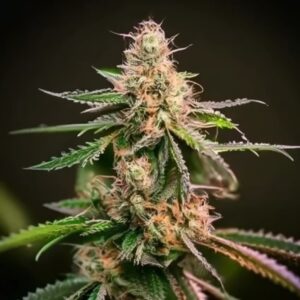


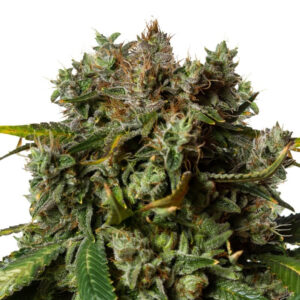

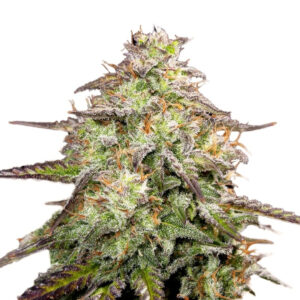
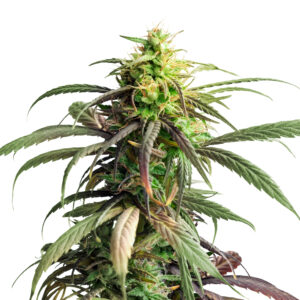






Related Posts

Morocco’s Alhucemas region celebrates the legalization of Beldia cannabis, a move by ANRAC promising economic revitalization and improved farmer livelihoods. This historic decision paves the way for sustainable agricultural practices and positions Morocco as a leader in the legal cannabis market, focusing on cosmetics and pharmacology sectors. The initiative reflects Morocco’s progressive approach to cannabis regulation and its potential global impact.

Powered by Mother Nature herself, we’re here to share our expertise, passion, and love for all things cannabis. Join us on this journey as we explore the wonders of seed breeding and the incredible world of marijuana cultivation.
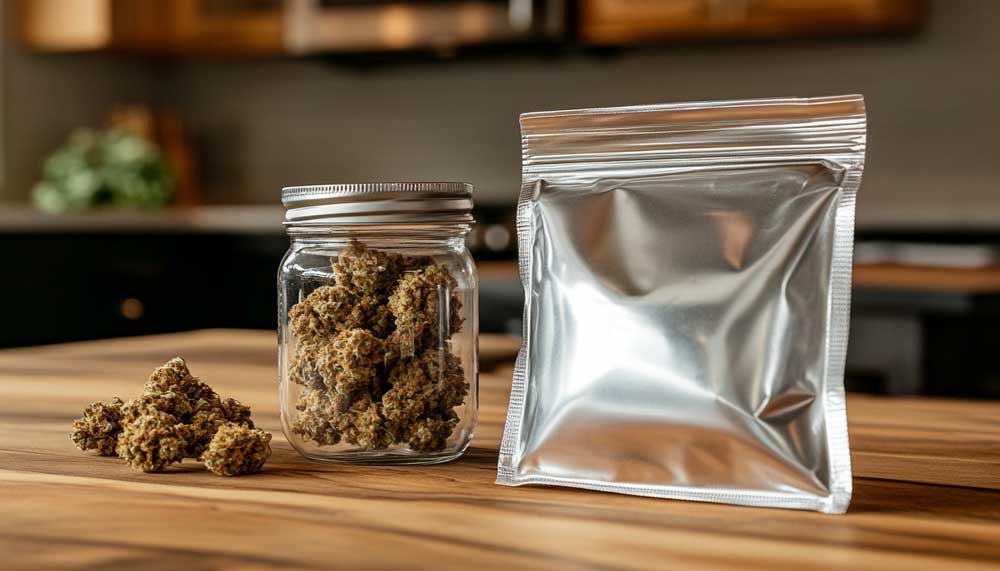
Does weed have to be in a bag to stay fresh? Not really—but storage matters more than you think. This guide explores what happens when you use a bag, what kind is best, and which alternatives (like jars or vacuum-sealed containers) actually protect your weed’s flavor, potency, and shelf life.